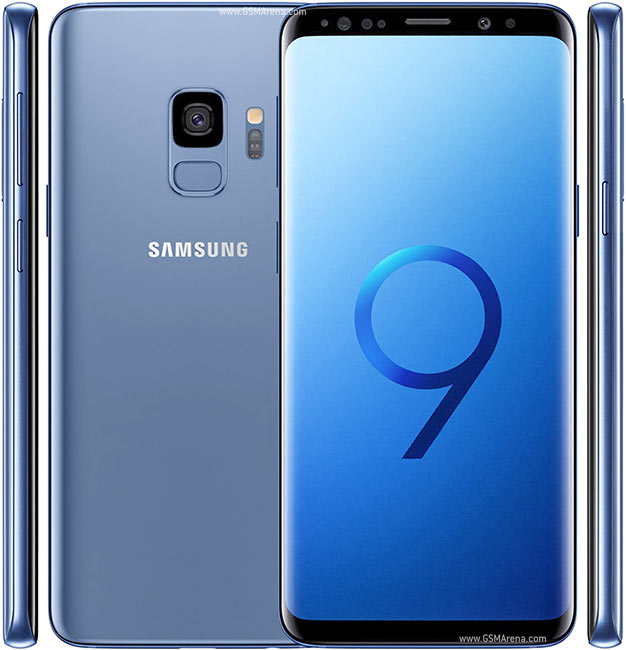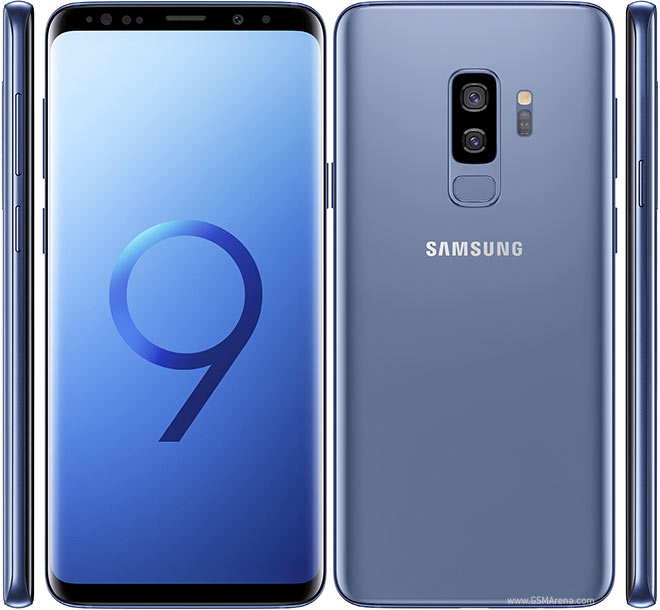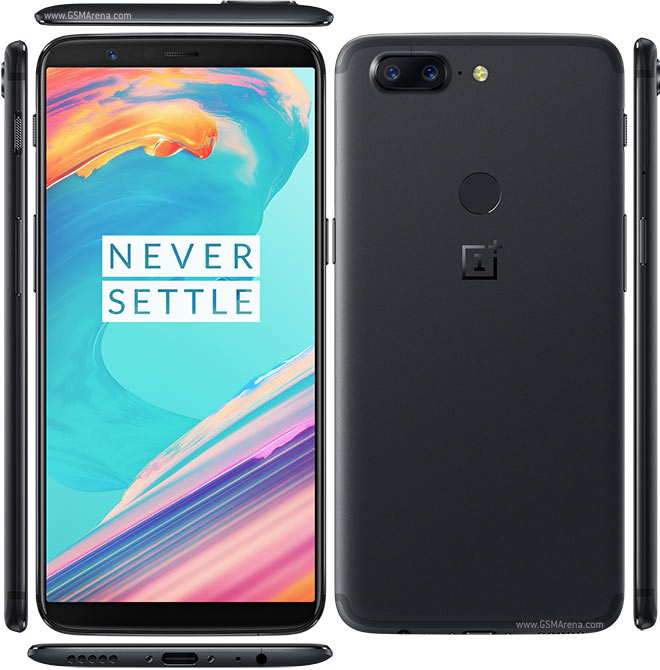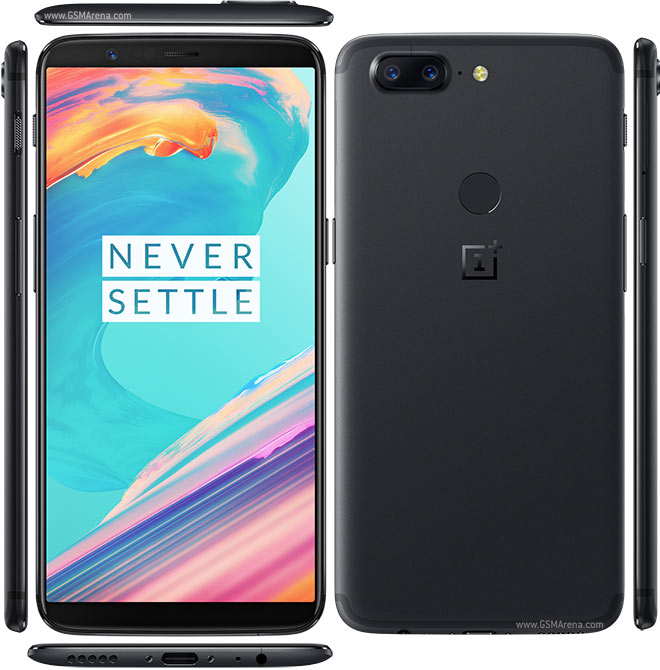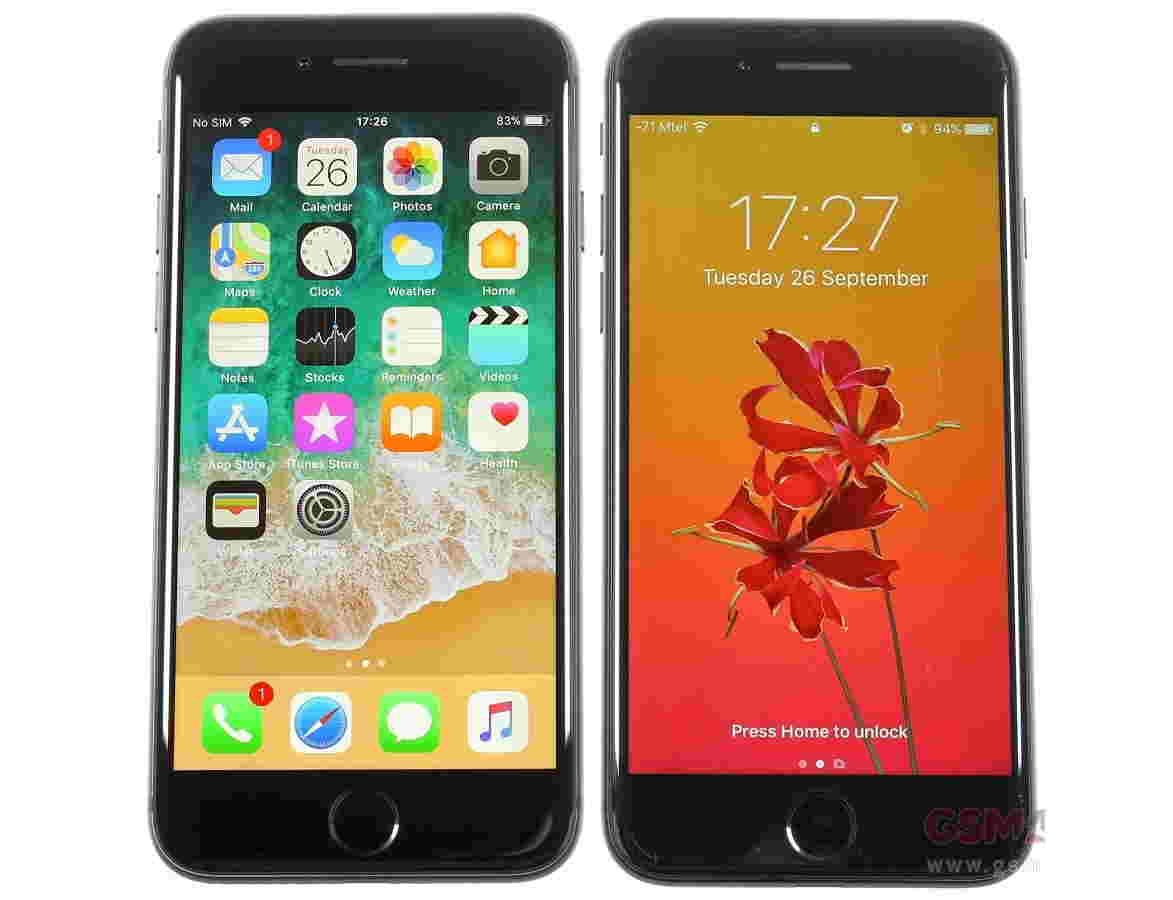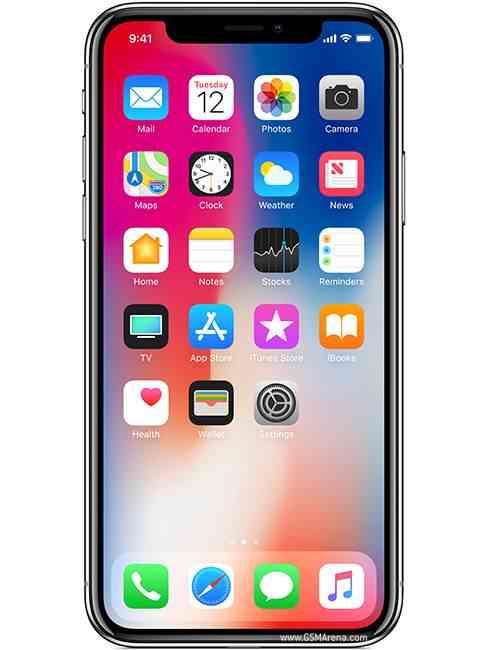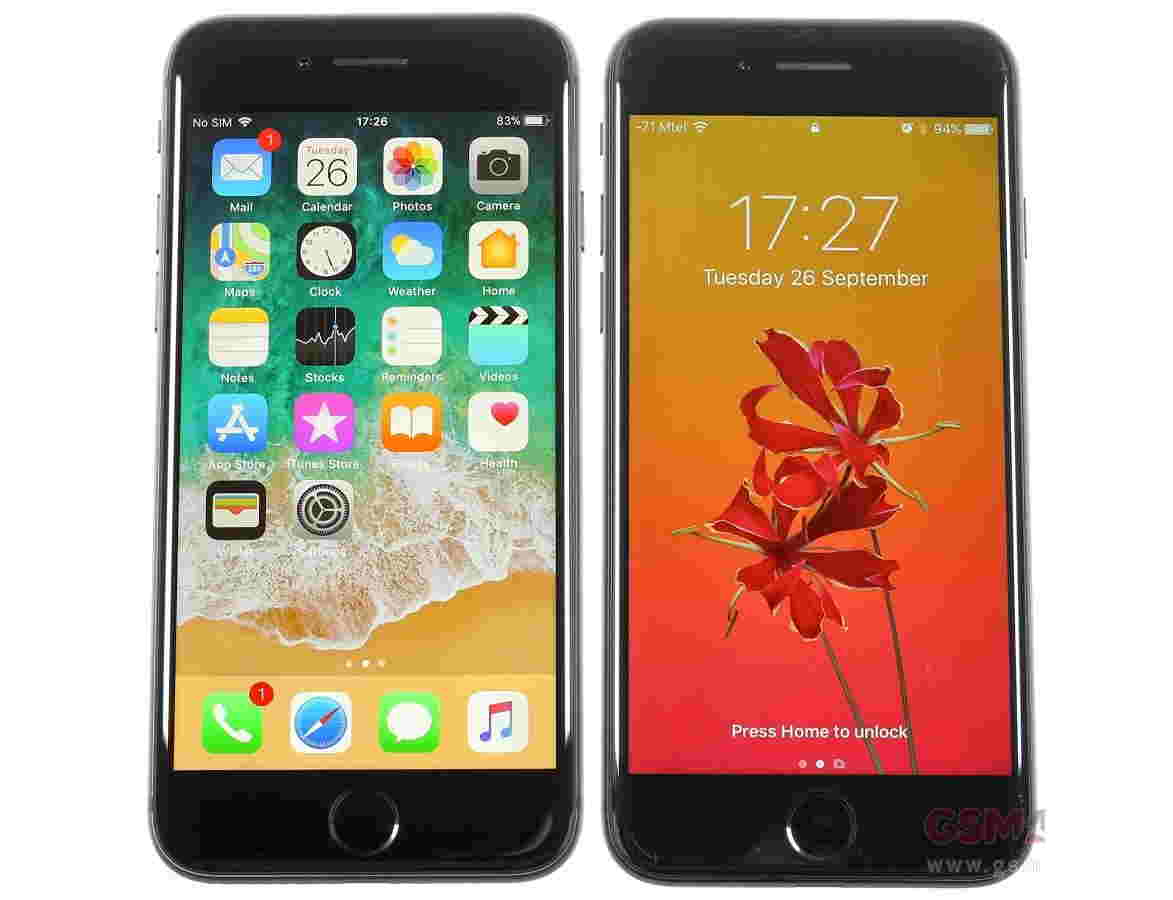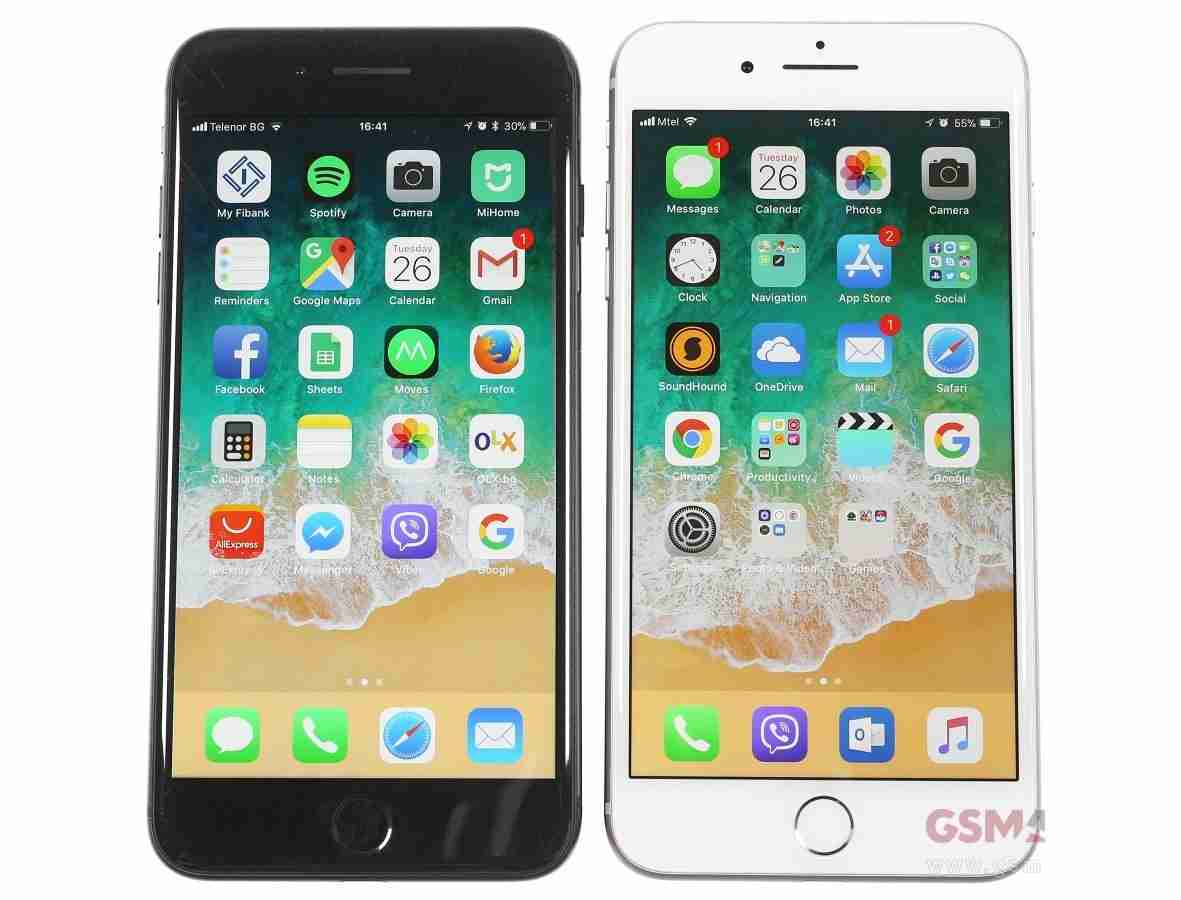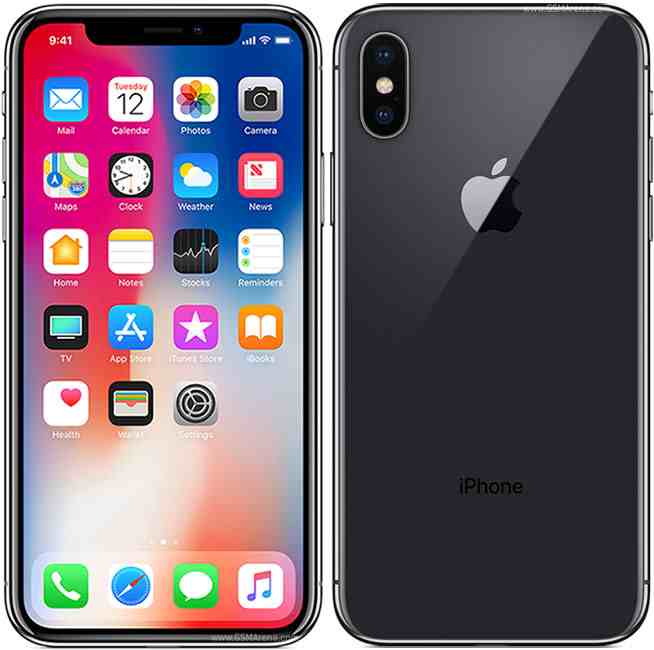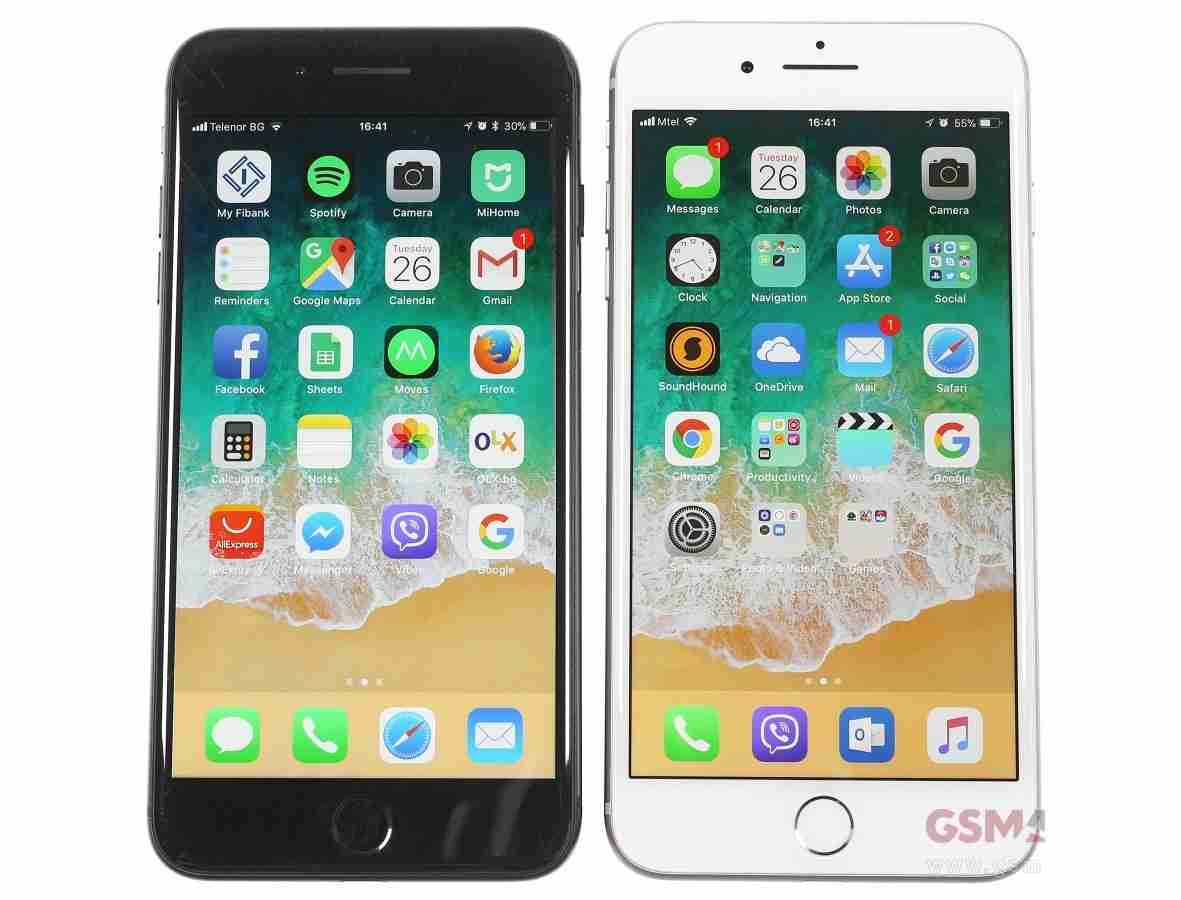
After a pretty epic 2017, with the successful release of the Samsung Galaxy S8 and Galaxy Note 8, Samsung will apparently fall on hard times in 2018.
Samsung’s market share, overall market share, AND profits will take a massive spanking in 2018, according to Strategy Analytics, and the reason is twofold: increased competition from Apple at the top end of the market, and increased competition at the lower-end of the space from the likes of Oppo, Xiaomi, and Huawei.
These two factors, according to SA, will impede Samsung’s growth and overall profitability by constricting the company’s two biggest areas of business: the high and low-end of the phone market.
Samsung’s share of the market will dip below 20% as a result, said the firm, while Apple’s market share is expected to grow. Ditto Huawei and OPPO.
The firm also predicts Apple will ship around 234 million units during the period, increasing its market share to 14.3%.
This pinch has already reared its head inside other Android phone maker’s lives. LG, HTC, Sony – pretty much anyone you can name has suffered pretty badly in the past few years, as a result of increased competition from cheaper, Chinese-made phones.
Samsung has been (kind of) immune to this, posting impressive results consistently, but 2018 is apparently the year the tables will switch on the company. How do SA know this? Data, basically, though nothing is guaranteed, of course – these are only predictions.
Personally, I think SA are underestimating the pull Samsung’s Galaxy Note and Galaxy S series of handsets carry, as well as the “Samsung” brand. While not quite as lofty as Apple’s brand, Samsung is certainly heir to the throne when it comes to premium phone branding.
Samsung has refused to comment on these findings as well, likely as a result of it not wanting to fan the flares of discontent inside the company before the close of the year.
The £1000 Question…
Apple has done the impossible and convinced millions of people that its iPhone X is worth £1000. This is impressive for many reasons, though mostly because the handset is not worth anywhere near that sum, and the fall-out for the rest of the space could definitely be rather problematic.
Especially if Samsung tries to follow Apple by upping its pricing in 2018 – something I really hope it does not.
Prior to this, Apple was already making better profits than anyone else in the space. It operates strict, MASSIVE profit margins on everything it releases. Meanwhile, in the Android space, profits are – and always have been – very tricky to come by.
The best approach for Samsung right now, and in 2018, could well be undercutting Apple’s iPhone with respect to price, value for money, specs, and features. This approach will make sense to consumers and bolster continued adoption of its products.
Blindly following Apple’s new pricing strategy will do nothing for Samsung in the long run, save for increasing its revenues for a short period of time, before people go elsewhere, in search of better value for money.
Moral of the story? Value for money will be the key, driving factor in the Android space in 2018. And, in a world of £1000 iPhones, there will be plenty of floating voters looking for something priced more akin to what they’d normally pay for a phone – i.e. about £300 less than £1000.




